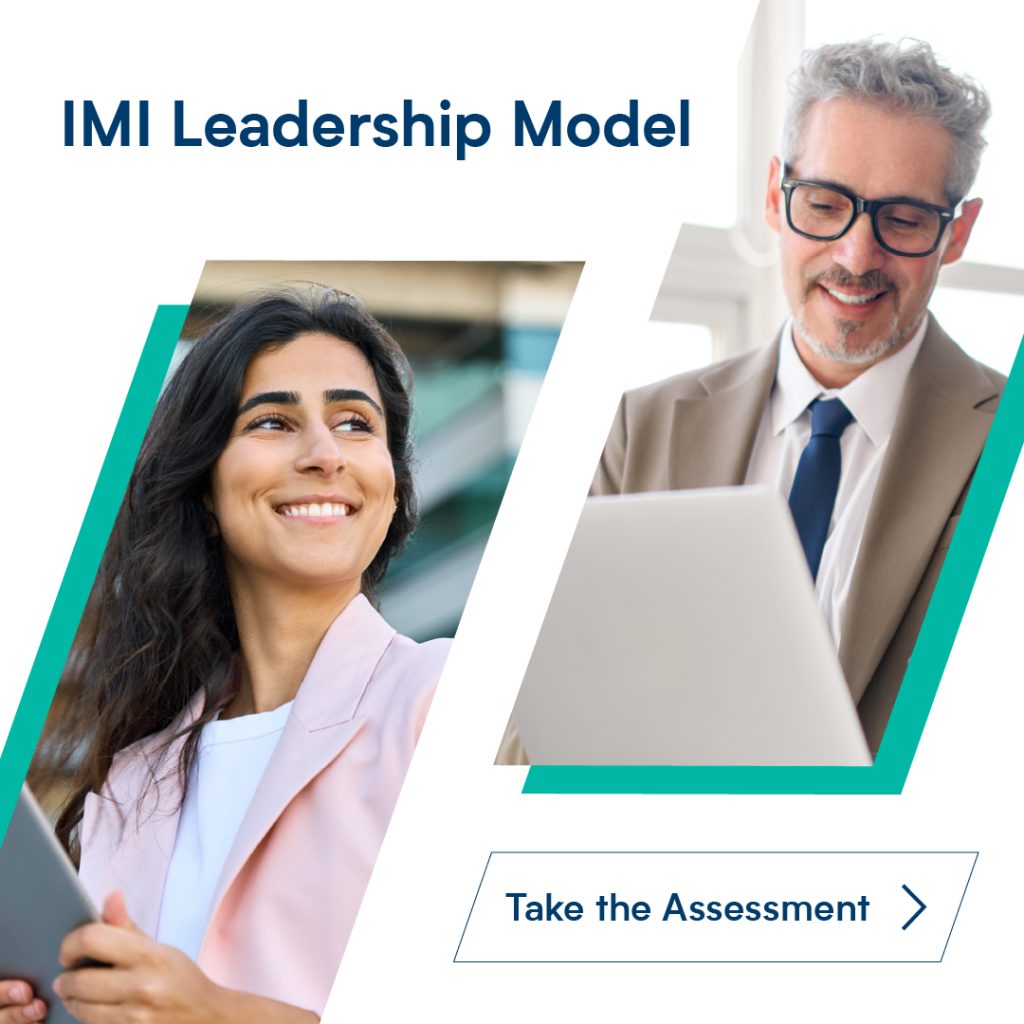The Power of Convergence: Exploring Disruptive Technologies with Kamales Lardi
At our recent virtual Facilitated Workshop event featuring award-winning digital business transformation expert Kamales Lardi, the audience was posed with a thought-provoking question: What is the most disruptive technology across industries? Unsurprisingly, more than 70% of respondents pointed towards Artificial Intelligence (AI), with other notable mentions including robotics and blockchain. However, according to Kamales, the true disruption lies in the convergence of these technologies.
“It’s the convergence of tech where we will really see disruption,” Kamales emphasised. Imagine the possibilities when AI intersects with blockchain or when the metaverse integrates digital currencies and virtual assistants. This convergence creates a powerful digital environment that has the potential to transform industries on a massive scale.
Kamales cautioned that tech can be deceptive, often developing under the radar until it reaches a tipping point and disrupts entire industries. Take for instance the rise of ChatGPT, a technology that emerged in 2012 but only gained mainstream attention in 2022, quickly amassing over a million users within days of its availability.
Moreover, Kamales highlighted the rise of the low-touch revolution, where companies are exploring zero-user interface technologies like Neuralink. These innovations, such as the D-Dog project at MIT labs, embed devices in the human brain, enabling interactions based on eye movements. This not only revolutionises accessibility for individuals with disabilities but also opens up new possibilities for human-computer interaction.
Envisioning the future, our attendees speculated on the headlines they might see in 2030. Some foresaw the unlocking of the workforce, enabling individuals who were previously unable to work to utilize technology for employment. Others raised concerns about the ethical implications of deepfake technology and the need for robust measures to combat fraud.
Reflecting on the expanding role of technology in our lives, Kamales noted that tech is transitioning from merely supporting human beings to enhancing our capabilities. With the emergence of generative AI and hyper-personalized working environments, individuals are adapting to a post-COVID world where remote work and multiple job roles become the norm.
However, despite the increasing digitalisation of businesses, many digital transformation projects fail to deliver expected results. According to Lardi, this is often due to a lack of communication and a failure to address mindset shifts. Successful digital transformations require a holistic approach that combines emerging technologies with a transformational mindset.
In conclusion, as we navigate the digital future, it’s essential to recognise the transformative power of technology convergence. By embracing new technologies and fostering a culture of innovation, businesses can adapt and thrive in an ever-evolving landscape. As Kamales aptly stated, “We cannot solve our problems with the same thinking we used to create them.” It’s time to embrace change and harness the potential of convergence to shape a brighter future for all.
FAQ
What does convergence mean in technology?
Why do digital transformation projects fail?
According to Kamales, digital transformation projects often fail to deliver expected results because a lack of communication and a failure to address mindset shifts. Successful digital transformations require a holistic approach that combines emerging technologies with a transformational mindset.
What will be the key leadership challenges in 2030?
This is impossible to predict, but IMI believes there will always be a need for strategic thinking, operational excellence, seizing the digital advantage, and to empower people to succeed.



